The 4 Money-Saving Suggestions I Tell All Electric Car Shoppers
Electric cars are getting more affordable, but as people ask for my advice as to which model they should consider I also have to remind them to do their research on credits and incentives that might apply. While battery electric vehicles (BEVs) and plug-in hybrid electric vehicles (PHEVs) may still carry a premium over their gas counterparts, a combination of federal, state, and local incentives can narrow that gap considerably – if you know to go looking for them.
Each time I talk to a new EV owner, though – or a potential owner – I'm often surprised at what credits and perks they aren't taking advantage of. Whether it's help with purchasing and installing a Level 2 charger in their garage, or trimming the cost of topping up the battery, the cunning EV shopper takes full advantage of the incentives which gas-guzzlers miss out on.
The EV and PHEV federal tax credit makes the biggest difference
Largest in value, and probably best-known among potential electrified vehicle buyers, the federal purchase incentive can carve a huge chunk out of the cost of a new EV. There's up to $7,500 in tax credits available, helping knock off a not-insignificant part of your income tax bill. However there's some small print that makes it a little more complicated.
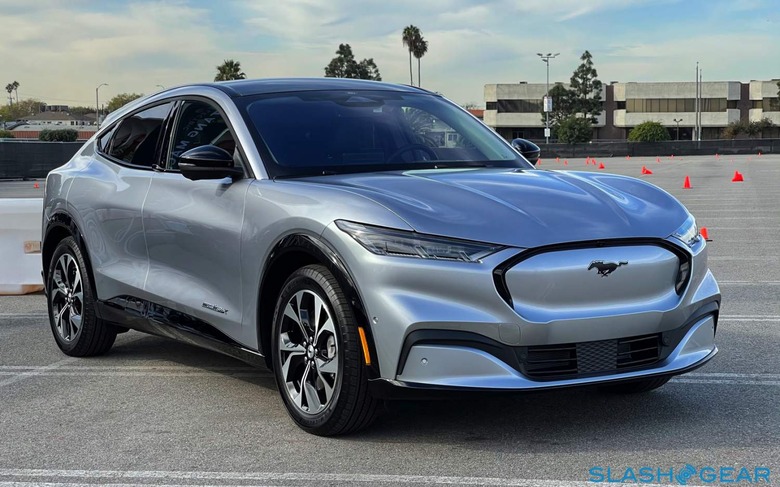
The maximum amount of the credit is $7,500, though only certain BEVs and PHEVs qualify for it. Others, based on their powertrain and factors such as battery size, will qualify for a smaller amount. Buy a Ford Mustang Mach-E, for example, and you'll qualify for the full $7,500; buy a Ford Escape plug-in hybrid, however, and you'll qualify for $6,843.
There are other factors, but the biggest is manufacturer sales. Once an automaker reaches 200,000 eligible vehicles, the credit that can be applied to their cars and SUVs begins to phase out from the start of the second calendar quarter that follows. For the first six months it halves; the subsequent six months it halves again. After that, there's no more incentive for new buyers.
Only two automakers have currently reached that milestone, Tesla and GM. Because it impacts GM as a whole, though, it means any EV or PHEV from its various brands – including Chevrolet and Cadillac – no longer qualify. You can find the full list of current incentives at the EPA.
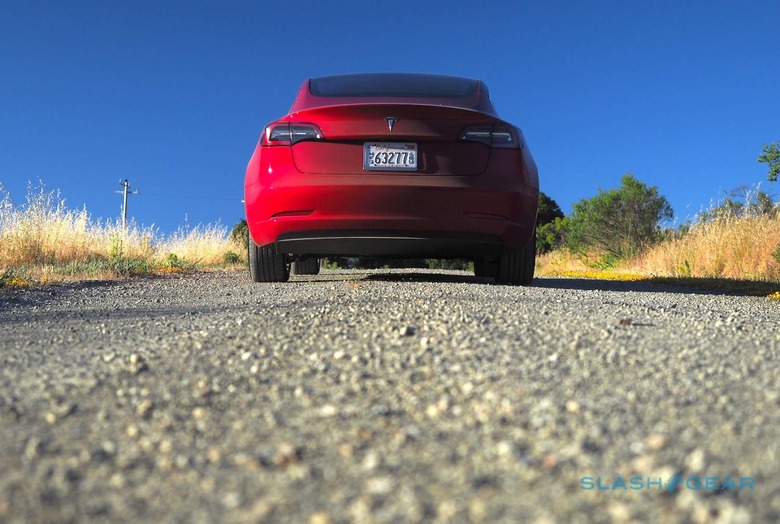
If you buy an electrified car that's eligible for the federal tax credit, you can basically take the value of that credit off the amount of income tax you owe when you file. If you lease such a car, how it typically works is that the leasing company absorbs that credit, and your payments reflect the post-deduction value. Obviously you should discuss the financial details with your accountant come tax season, because your own personal finances can impact what you can claim too.
State EV incentives can be worth thousands of dollars
Depending on where you buy and register an electrified vehicle, you could qualify for some healthy state incentives too. Now, different states take different approaches, and some are more eager to encourage EV drivers than others. Still, it's worth doing your homework.
In California, for example, the state has rebates that apply to new vehicle purchases. Buy a BEV, and you can qualify for $2,000; a PHEV qualifies for $1,000. As one of the few states where hydrogen infrastructure is existent, California will even give those buying a fuel-cell vehicle up to $4,500 in rebates.
Other states incentivize light-duty EVs. Colorado, for example, offers a $4,000 tax credit for those buying such a vehicle. In some cases there's a different rate for low-income drivers, which can in some cases add several thousand dollars more on top.
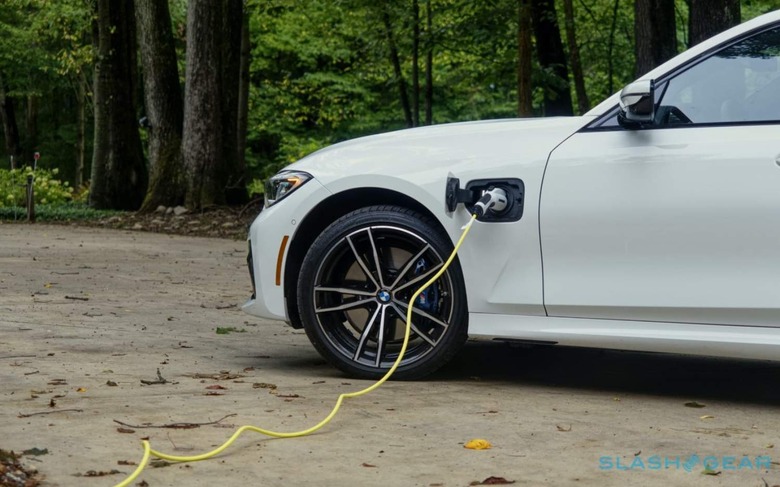
Not every incentive takes money off the purchase price. Some states reduce or remove altogether things like vehicle registration fees for those driving electric cars, or reduce the amount of tax you pay. In Idaho, for example, EVs, PHEVs, and hybrid electric vehicles are exempt from state motor vehicle inspection. The NCSL has a list of incentives organized by state.
Some US utility companies are extra EV-friendly
Depending where you live, and who you get your power from, there could be hundreds or even thousands of dollars in extras and savings available from the electricity company. In some cases that even comes as a good old-fashioned check.
The most common perk, though, is a discount, rebate, or contribution toward an electric vehicle charger. All new EVs and PHEVs come with a charger, but if you're hooking your car up to a 120V outlet you'll be waiting a long time for the battery to top-up. Far better to have a Level 2 charger that plugs into a 240V outlet, and often electricity companies or state- or local-level organizations will offer rebates – typically around $500 – toward the cost of equipment and installation.
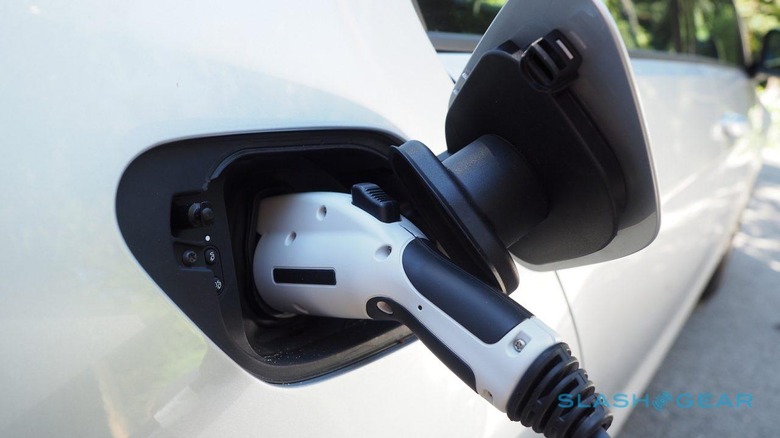
Meanwhile, most electricity companies offer at least one EV-specific tariff plan, with special rates for those charging up their cars. Usually there's an off-peak period during the day or night where power is cheaper, so it's worth checking for that plan and then programming your car or charger to activate during those hours. Sometimes it can mean paying half or less what you would for power during peak periods. The US Department of Energy has a big database of state and utility incentives.
Automakers sometimes have juicy EV lease deals
It's in automakers' best interests to sell more cars, of course, but the incentives to get you into an EV or PHEV can be outsized compared to their gas or diesel counterparts. That seems to be particularly the case when it comes to lease or finance deals on EVs and PHEVs.
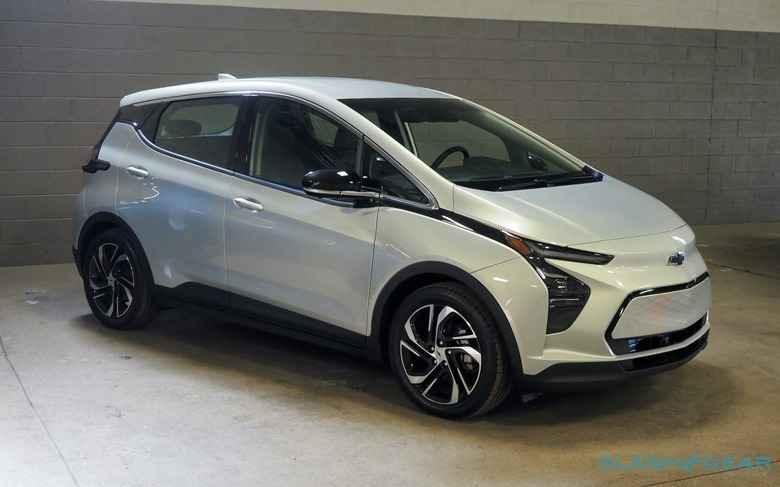
At time of writing, for example, Chevrolet has 0-percent APR finance deals and a $260/mo lease deal for the 2021 Bolt EV. Nissan offers a $239/mo lease on the 2021 Leaf, and similar zero-percent finance offers. They're not the only automakers offering such encouragement, either. If you want something with a prestige badge, BMW's 2021 i3 can be had on a $299/mo lease right now.
It pays dividends, then, to go hunting, and potentially to cast your net a little wider than the state you're in. Some areas have better incentives than others, and if you qualify it could be worth your while to take a road trip. After all, what better way to get to grips with your new electric ride?
